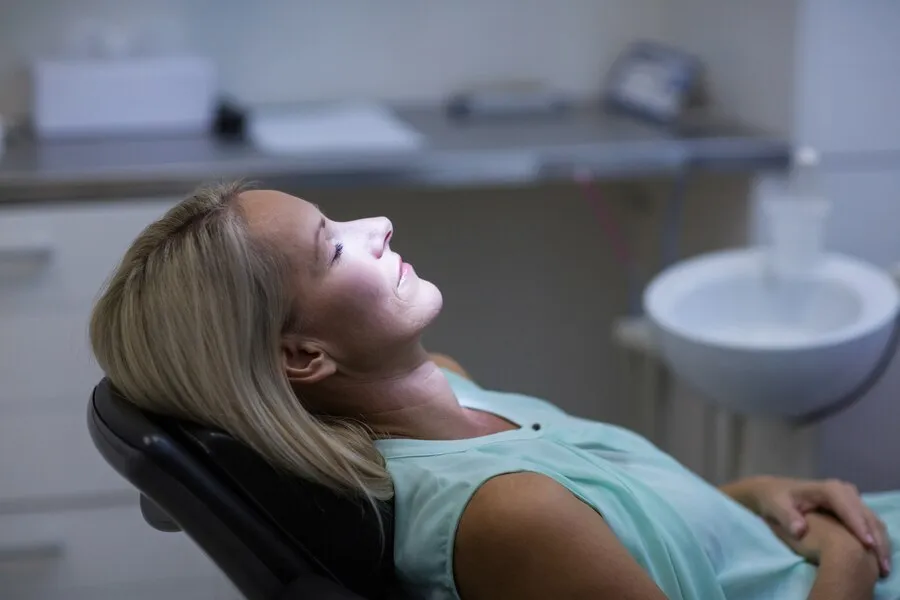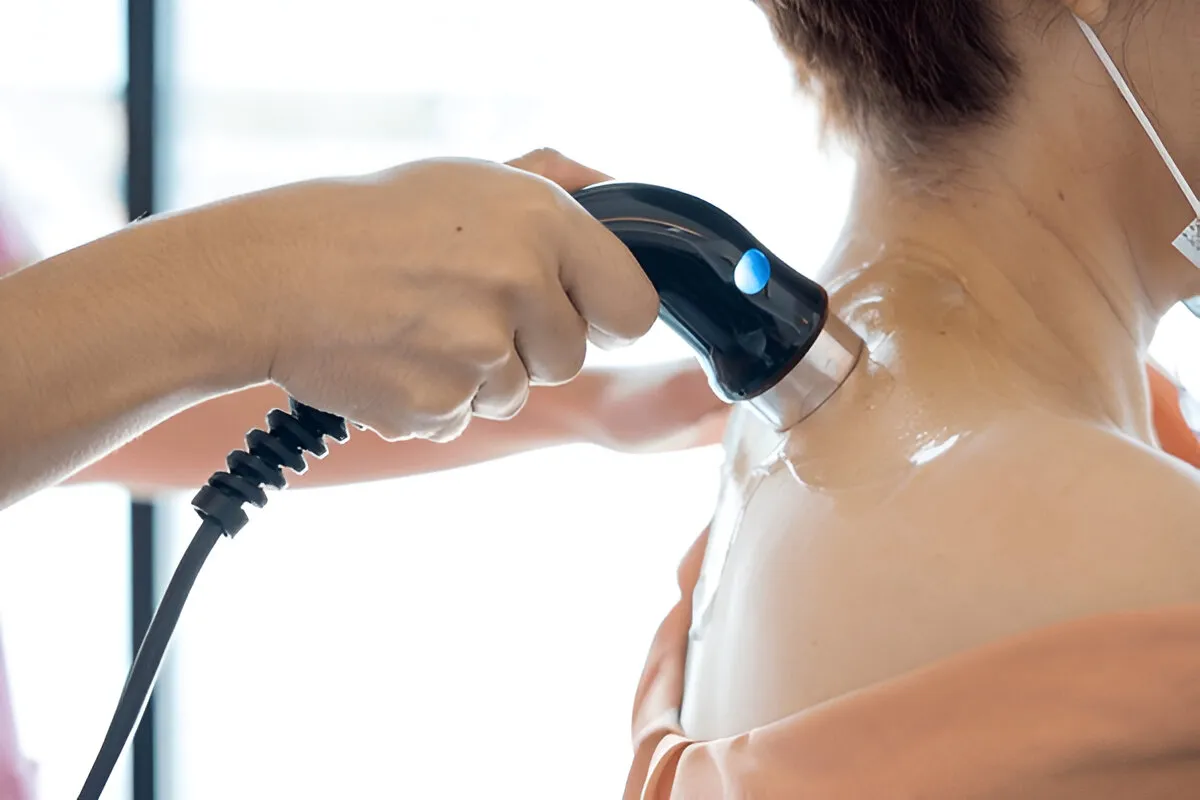Table of Contents
Introduction to Dental Anxiety
Dental anxiety is a prevalent issue that has a tangible impact on an individual’s willingness to pursue necessary dental care. This type of anxiety can lead to the avoidance of appointments, resulting in poor oral health outcomes and a subsequent deterioration in overall well-being. However, tackling dental fear can transform visits to the dentist from a dreaded obligation into an opportunity to maintain health and confidence. Discovering the top dental care providers and resources is imperative in creating a more serene environment during dental consultations, thus alleviating anxiety.
Understanding the root causes of dental anxiety and employing effective strategies is the key to unlocking a more relaxed experience in the dental chair. Whether it’s an unfounded fear of the unknown or a past uncomfortable encounter, knowing solutions are available is a promising first step towards conquering this common dilemma.
Understanding What Causes Fear at the Dentist
A myriad of factors contribute to dental anxiety, ranging from the anticipation of pain to recalling past negative experiences or simply the sounds associated with dental procedures. Many individuals do not recognize their anxiety until they find themselves in the daunting dental chair environment. For many, trust in a familiar family dentist can provide comfort, helping to ease some of these fears through continuity and a personal approach. By understanding what triggers this fear, we can begin addressing it with targeted strategies and professional support. According to research from the National Institute of Dental and Craniofacial Research, dental anxiety affects about 36% of the population. This statistic underscores the importance of recognizing and working through these experiences to ensure fear doesn’t hinder necessary dental care.
Effective Techniques for Reducing Dental Anxiety
Various techniques to promote relaxation and confidence in the dental office can greatly facilitate navigating dental anxiety. Mindfulness practices allow individuals to focus on staying present and calm. Whether through guided breathing exercises or meditation, these approaches can significantly alleviate anxiety.
- Mindfulness and meditation: Encourage concentration on breath and moment-to-moment experiences, fostering relaxation.
- Cognitive-behavioral therapy: Helps individuals reframe unhelpful thoughts and fears regarding dental visits.
- Slow breathing techniques: A straightforward yet powerful method to soothe the body’s natural stress responses.
Incorporating these strategies empowers individuals to feel more in control of their experiences, which can make a substantial difference toward a stress-free dental visit.
The Role of Communication in Alleviating Fear
Effective communication plays a transformative role in reducing dental anxiety. Patients must openly share their apprehensions with their dental care providers. Such dialogues enable dentists to tailor their approach, ensuring a more comfortable experience for anxious patients.
Dentists skilled in communication can foster a supportive and empathetic atmosphere, helping patients feel understood and secure. Building a relationship based on trust can make visits notably less intimidating, as Harvard Health emphasized, highlighting the power of effective communication in healthcare settings.
Also Read: Why Braces For Teenagers With A Beautiful, Aligned Smile
Modern Dental Technology: A Dentophobe’s Best Friend
Today’s dental technology offers a range of innovations that mainly reduce discomfort and streamline procedures, making the whole experience more pleasant for patients. Sedation dentistry, for instance, remains an ideal solution for many with dental anxiety. It provides relaxation during procedures and can be tailored to the individual’s needs.
Modern advancements include quieter dental instruments and quicker treatments, facilitating a less invasive and more efficient process. These developments help alleviate fears associated with traditional dental experiences and highlight the evolution of patient-centered care.
Relaxation Practices for a Stress-Free Appointment
Incorporating relaxation practices into dental visits can significantly reduce anxiety levels. Techniques such as deep-breathing exercises, listening to calming music, or visualizing peaceful scenes are proven methods to reduce unease. Patients can prepare these strategies to foster a more tranquil state of mind during their appointments.
Guided imagery involves imagining serene settings or scenarios, which assists patients in diverting their minds from stressful stimuli. Progressive muscle relaxation, too, provides a practical way to ease the tension that often accompanies anxiety-provoking situations.
The Importance of Regular Visits for Anxiety Reduction
Establishing a routine of regular dental visits holds immense benefits beyond just maintaining oral health. For those with dental anxiety, frequent appointments can diminish fear over time. As familiarity with the dental environment increases, care becomes a normal part of one’s health routine, effectively reducing previously heightened anxiety responses.
Moreover, such visits prevent more severe health issues, requiring less invasive and daunting procedures. Regular dental care shapes a sustainable, positive approach to dental health.
Encouraging Stories from Overcoming Dental Fears
Stories of individuals who have triumphed over their dental fears are powerful encouragement for others facing similar challenges. These testimonies showcase how dental anxiety can become a manageable aspect of life with the right approach – whether through mindfulness, open communication with a dentist, or modern technologies.
Such narratives prove the possibility of transforming dental appointments from dreaded obligations into opportunities for personal care and well-being, inspiring those who may feel they are alone in their struggles with dental anxiety.




